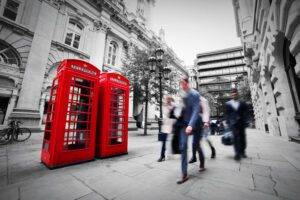A silent crisis is unfolding for Britain’s retirees. The number facing an astonishing 60% income tax rate has surged, more than doubling in just three years. This isn’t about lavish lifestyles; it’s about the quiet erosion of financial security in later life.
The culprit? A seemingly innocuous policy: frozen tax thresholds. While wages and pensions have risen, the amount of income people can earn before hitting higher tax bands has remained stubbornly static. This creates a ‘fiscal drag’ – pulling more and more individuals into higher taxation without any actual increase in their relative wealth.
Tens of thousands of older savers, diligently planning for their retirement, are now unexpectedly caught in this trap. Many are discovering they owe significant sums to the taxman, despite no change in their spending habits or overall financial situation. It’s a devastating blow to carefully laid plans.

This isn’t simply a matter of numbers on a spreadsheet. It represents a profound disruption to the lives of those who have spent decades contributing to society. The promise of a comfortable retirement is slipping away for a growing number, replaced by anxiety and financial strain.
The impact is particularly acute for those with defined benefit pensions, which often increase annually. These modest increases, intended to protect against inflation, are ironically pushing individuals into higher tax brackets, negating any real gain. A system designed to provide security is now contributing to insecurity.
Experts warn this trend will continue, and even accelerate, unless the government addresses the issue of frozen tax thresholds. Without intervention, an increasing number of pensioners will find themselves penalized for the very act of saving and planning for their future. The situation demands urgent attention.





